Sustainable Living Through Movies

Leaving a fairer and more sustainable world for future generations is achievable through adopting sustainable practices. Efforts to raise awareness remind us that we can transition from being part of the problem to becoming part of the solution. The Sustainable Living Film Festival (SLFF), a significant initiative in this realm, has been encouraging audiences to embrace the change for a better tomorrow through inspirational documentaries since 2018.
The festival’s 2022 selection serves as a tool for reflecting on the consequences of each step we take for the near future, prompting us to contemplate the kind of world we want to inhabit. It poses the question: “How can we move beyond acknowledging that the economic, social, and ecological systems shaped by the current worldview and value sets are in decline? Is it possible to have a transition process that is just for everyone?” The feature-length and short-length films in the selection showcase the creative and determined approaches of individuals from various segments of society and different age groups as they address the issues that concern them.
The Sustainable Living Film Festival, returning to Istanbul theaters after a two-year pandemic hiatus, will also reach he audience from all corners of Turkey through its online version. The festival will run for 15 consecutive days, starting in Istanbul at the Pera Museum Auditorium from November 22 to 26, followed by screenings at Hope Alkazar from November 27 to 30, and finally, an online version will be available on SurdurulebilirYasam.net from December 1 to 6.
A Selection from the Sustainable Living Film Festival
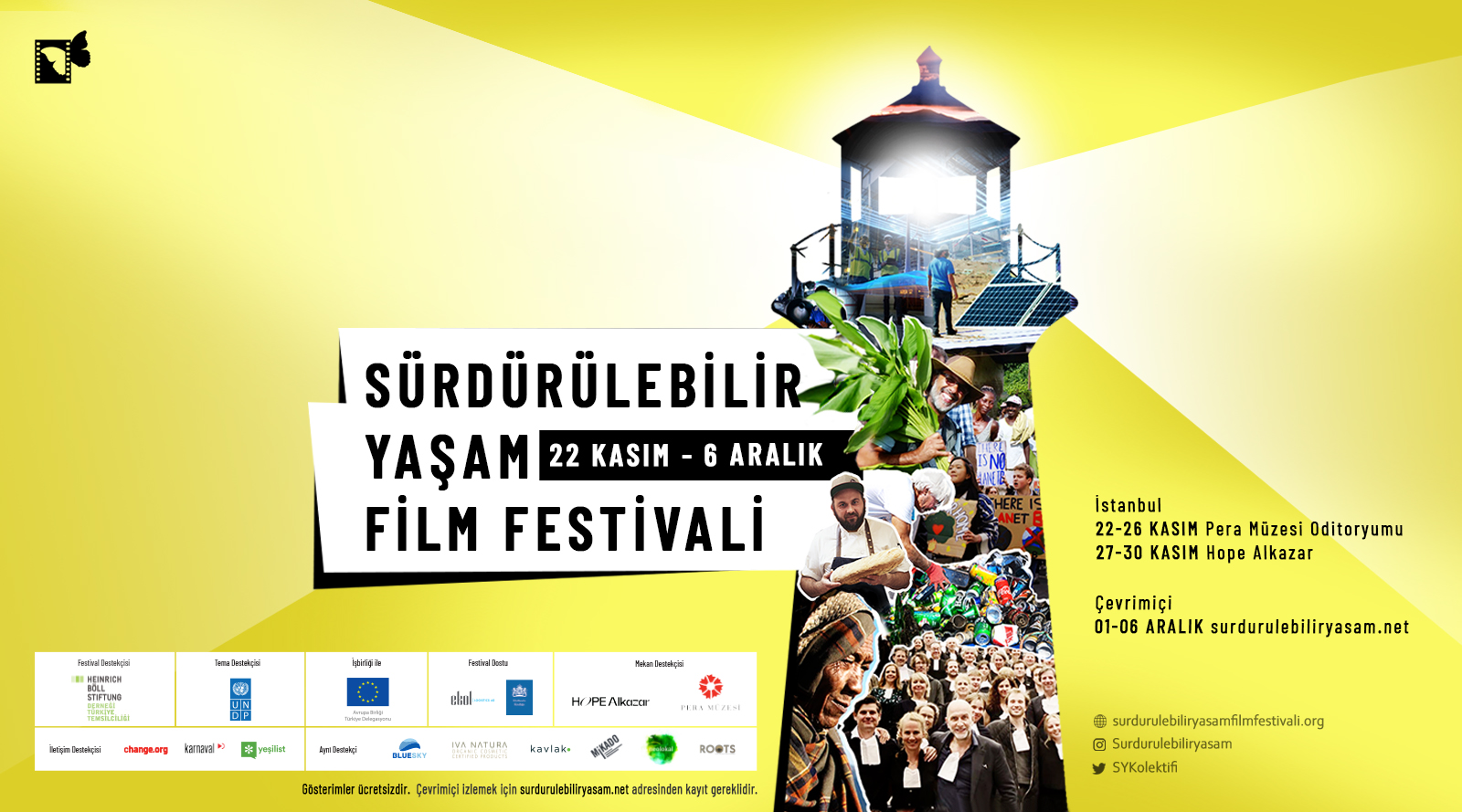 |
The festival will feature over 20 films, including "The Last Tourist" from Canada, addressing issues caused by intensive tourism in the ecosystem, wildlife, and society; "Living in a Postcard" from Italy, discussing tourism-related challenges before and after the pandemic; “Different Village" from Turkey, narrating the story of Bedriye and three women in a village who successfully broke the cycle of migration from village to city through eco-tourism; "Bigger Than Us" from France, highlighting human rights, freedom of expression, and access to clean food for social justice and a sustainable climate; "A World to Shape" from the Netherlands, exploring the relationship that consumers have with shopping and products; and "The Big Reset - Cities" from Canada, contemplating changes we can make for the post-pandemic world.*
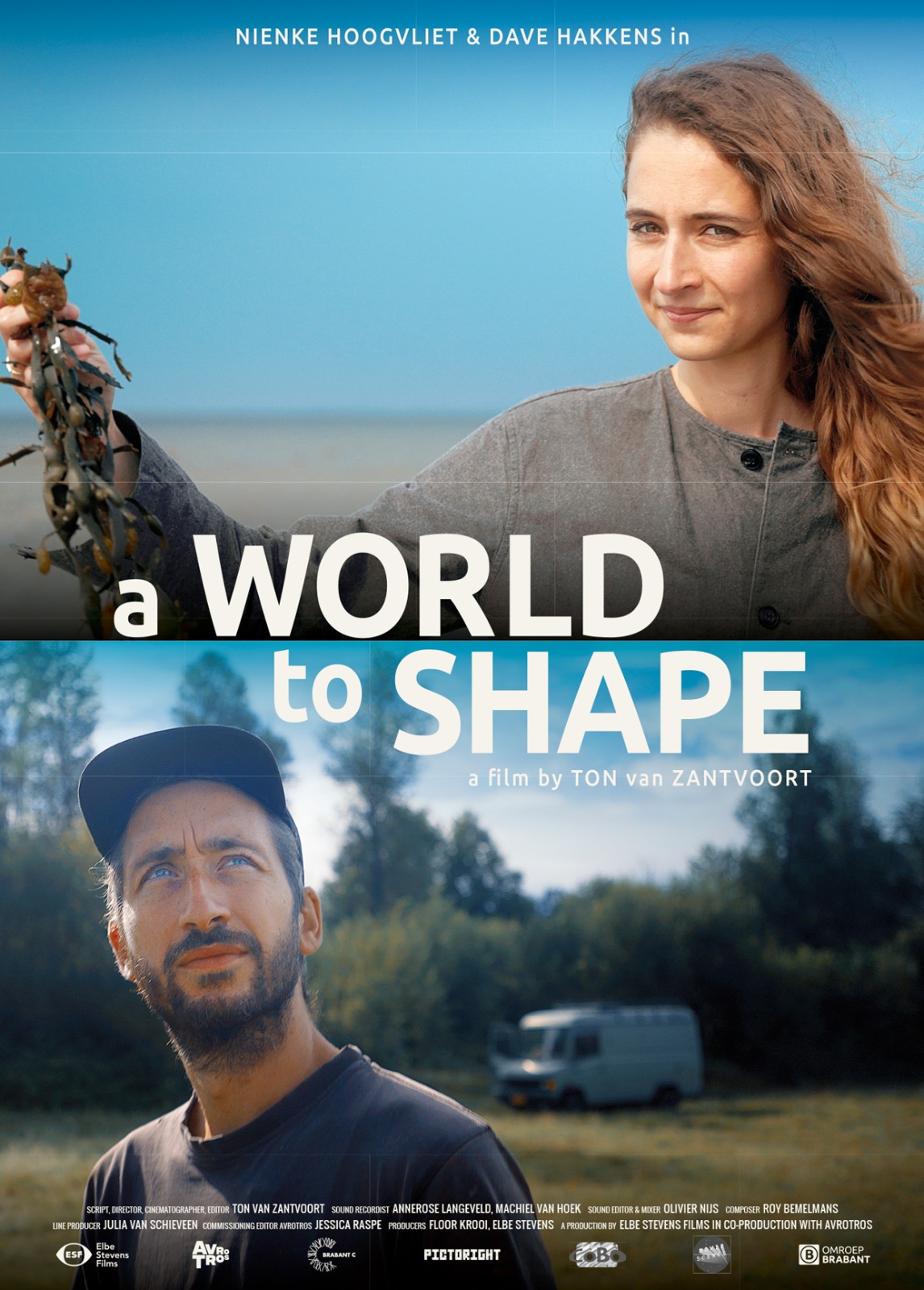 |
A World to Shape |
Nienke Hoogvliet and Dave Hakkens represent a new generation of contemporary Dutch designers. This generation is highly aware that raw materials are depleting, energy is scarce, and globalization is fostering new forms of small-scale production. As “makers”, they transcend the conventional boundaries between art, design, and science. Nienke’s mission is to make the clothing industry, the second most polluting industry globally, more sustainable through her research on seaweed as an eco-friendly alternative to toxic chemicals for coloring textiles. Dave’s passion is equally ambitious, with his latest project aiming to establish a living and working community with a minimal carbon footprint. In the film, the director Ton van Zantvoort leads viewers through an exploration of Nienke and Dave’s creative endeavors. With distinct perspectives, they share a common determination to make a positive impact on the world in their own unique ways. While many see challenges, they see opportunities for solutions. However, how realistic are their goals? We accompany Dave and Nienke on their audacious journey to uncover the answers.
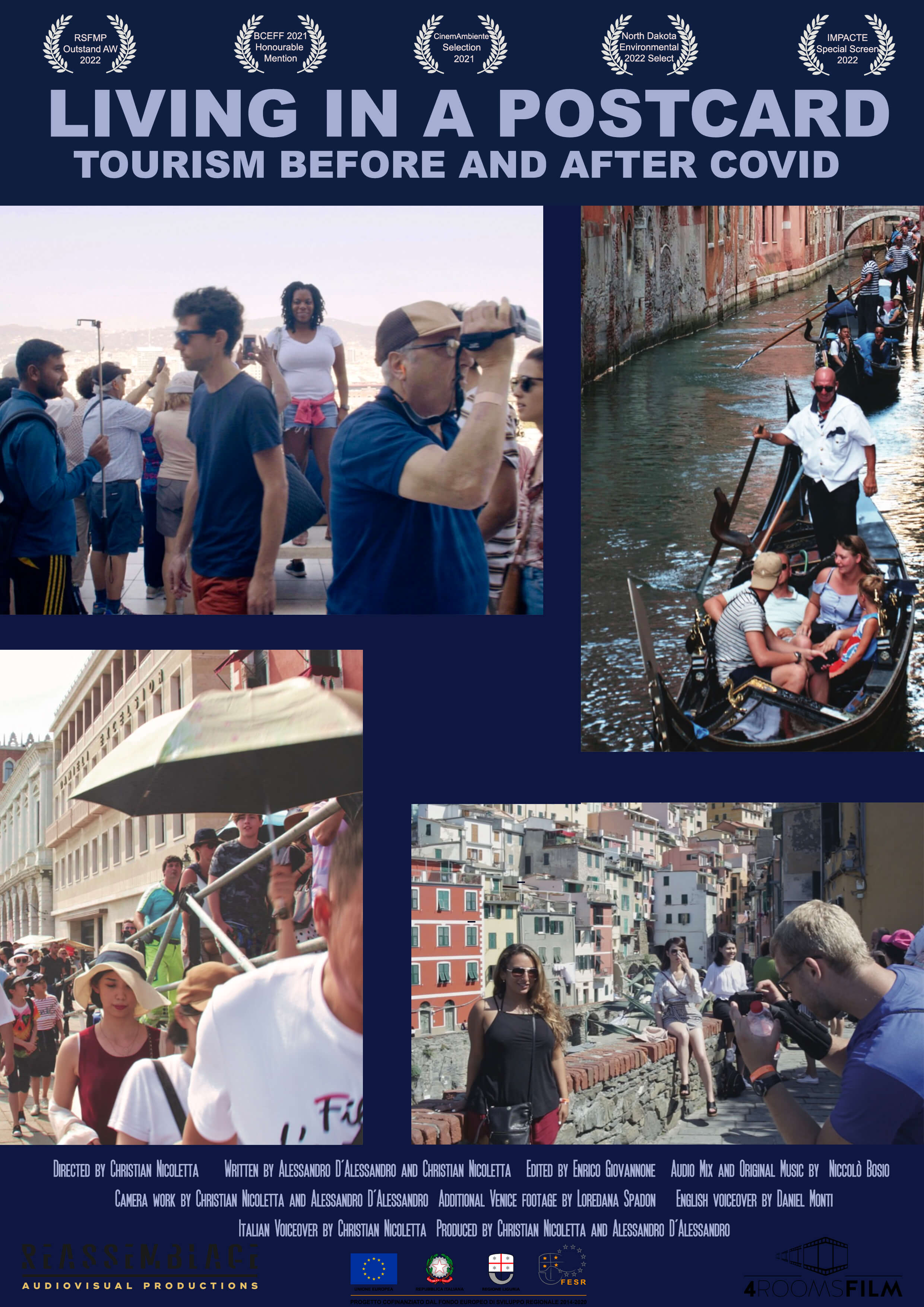 |
Living in a Postcard Yönetmen: Christian Nicoletta Italy, 2021, 52’ |
For years, the tourism industry has portrayed tourist destinations as experiencing continual growth and fostering economic prosperity. However, it has simultaneously distorted these picturesque scenes beyond recognition. Today, the adverse effects of intensive tourism have become glaringly apparent to those in the tourism sector. While they seek solutions, there is a deficiency in both the means and a shared vision to address these issues. “Living in a Postcard” takes us on a journey through Cinque Terre, London, Venice, Barcelona, and the Norwegian fjords, prompting reflection on the root causes of these challenges and questioning whether they will persist after the pandemic. The concept of “Responsible Tourism” advocates for a tourism model that prioritizes the well-being of residents and aligns with their needs. At times, residents mobilize into civic groups, urging governments not to view tourism as the sole resource for their cities, or governments themselves take measures to counter over-tourism. Online tourism platforms promote a uniform tourism model across different destinations. Cruise tourism represents another facet of this global industry. When COVID-19 halted travel in March 2020, tourism-related problems seemed to vanish. However, the question remains: Did they truly disappear?
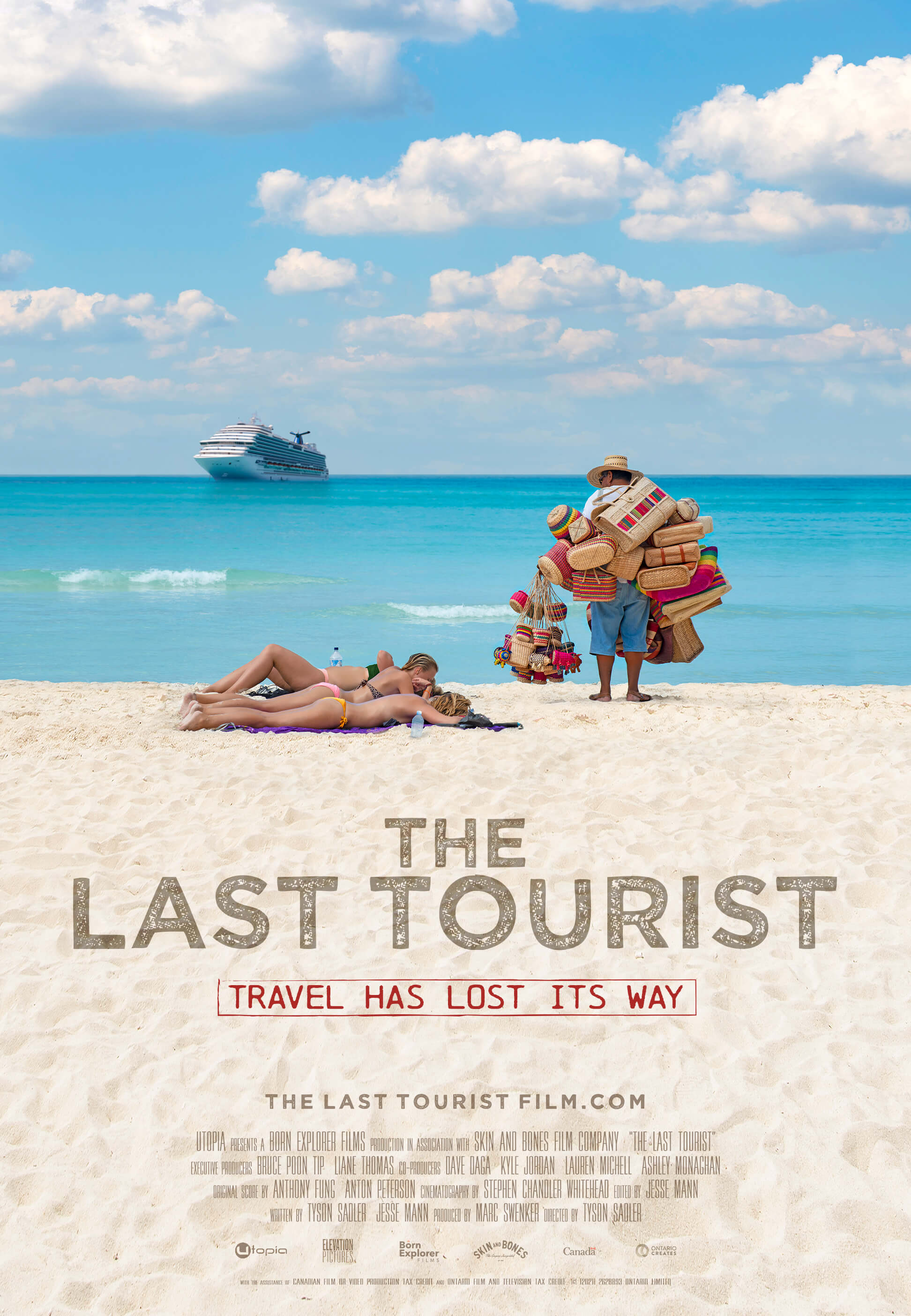 |
The Last Tourist Directed by: Tyson Sadler Canada, 2022, 100’ |
Tourism stands at a crucial crossroads... From the sun-soaked beaches of the Caribbean to the remote villages of Kenya, “The Last Tourist” unveils the true conditions and repercussions of one of the world’s largest industries, amplifying the unheard voices of those toiling in its shadow. Astonishingly, tourists are inadvertently contributing to the destruction of the very attractions they sought to experience! Shot in over 16 countries, the movie lays bare the exponentially growing impact of over-tourism on ecosystems, wildlife, and vulnerable communities worldwide. It conducts interviews with a diverse array of voices, including travel experts, tour operators, academicians, travelers, and service workers in hosting communities that rely on tourism to enhance their quality of life. The film scrutinizes the role of the modern tourist and the potential for irreversible, destructive impacts. Guided by insights from the world’s leading tourism and conservation visionaries, it urges us to reconsider the way we travel. As travelers, we hold the power to be the catalysts for new and alternative forms of travel. Approaches that are more considerate, protecting the places we visit and ensuring a positive future for hosting communities…
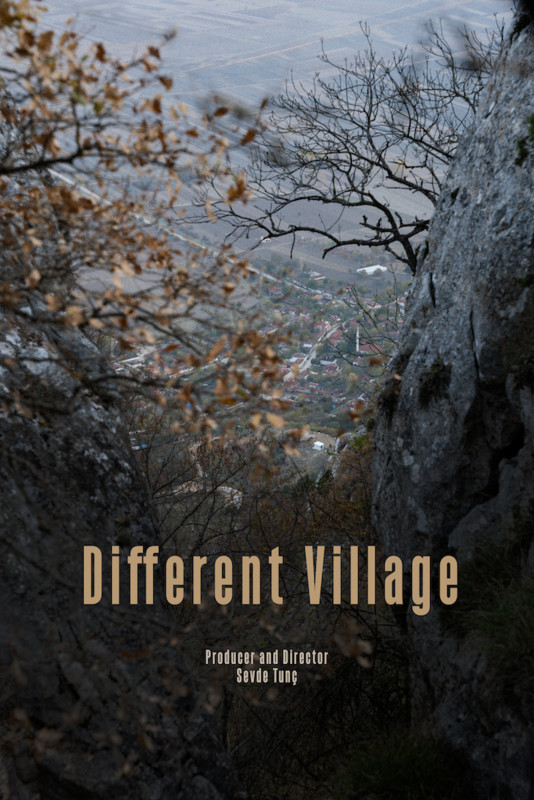 |
Different Village Directed by: Sevde Tunç Turkey, 2022, 10’ |
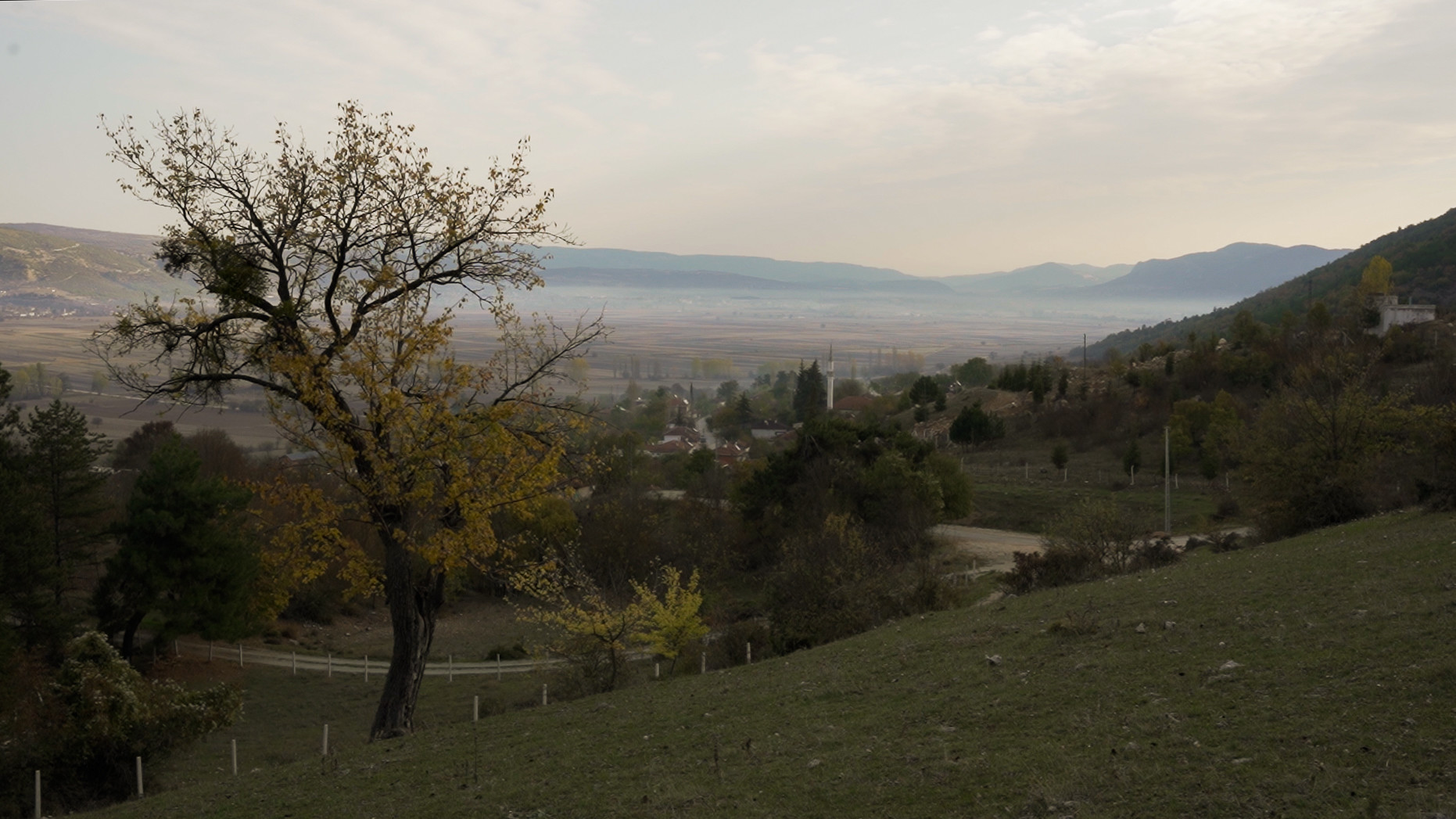 |
Bedriye Berber Engin, residing in Kurşunlu village in Bilecik, has transformed the lives of numerous women in her community. Bedriye’s journey with books, which began in her youth, led her to the realm of eco-tourism. The dream that took root in literature has become a reality. Bedriye not only showcased her village to the world but also initiated a reverse migration from the city to the village. She generated income for the women in the village and played a pivotal role in its development. Presently, the village warmly welcomes guests from various cities, including Istanbul, Ankara, Eskişehir, and even from abroad every weekend. The village’s women, using the products they cultivate, prepare meals, conduct workshops in their gardens, and introduce local flavors to both local and foreign tourists. The film chronicles the narrative of Bedriye and three other women residing in the village.
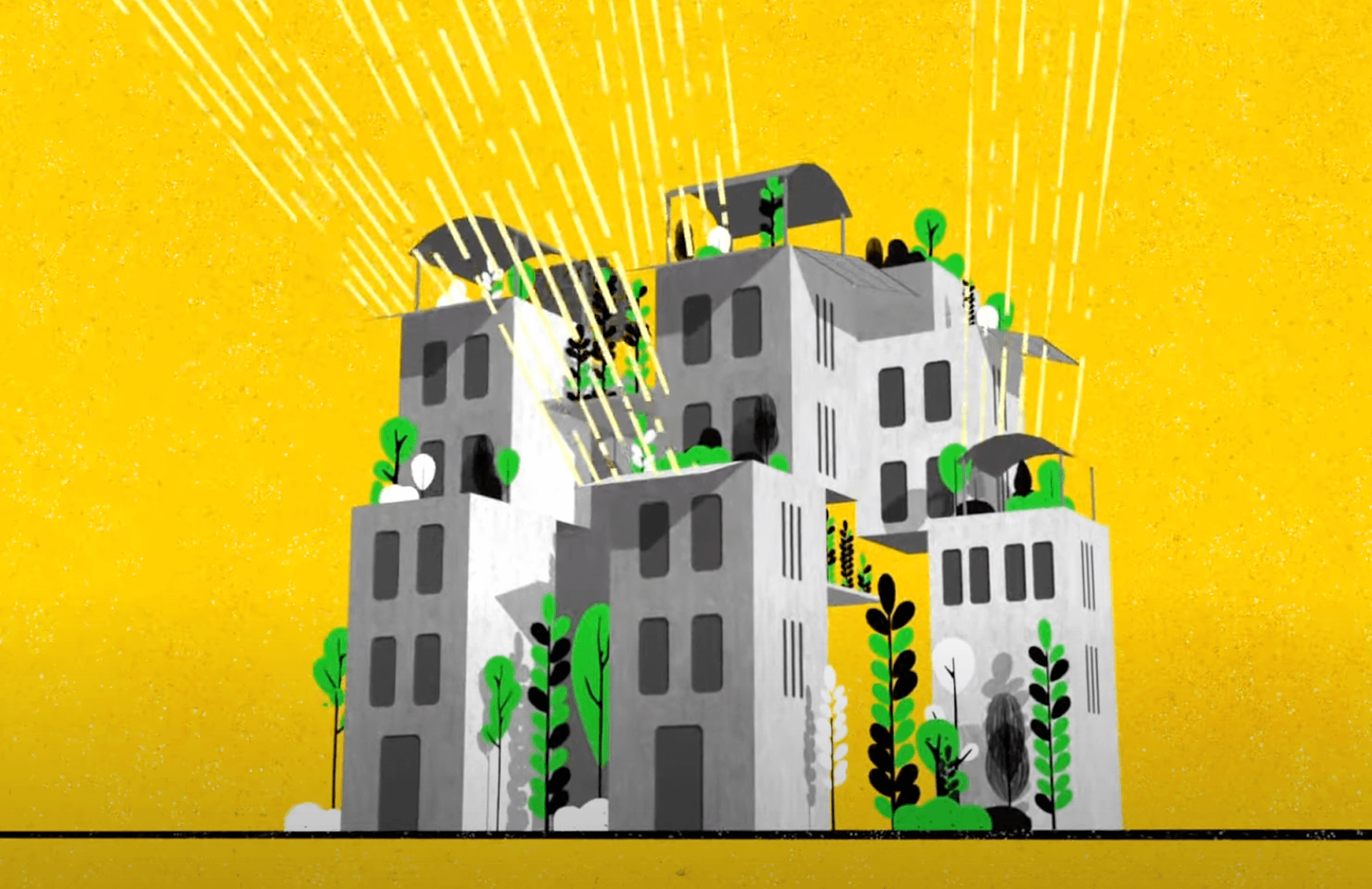 |
The Big Reset - Cities Directed by: Lillian Chan Canada, 2020, 3’ |
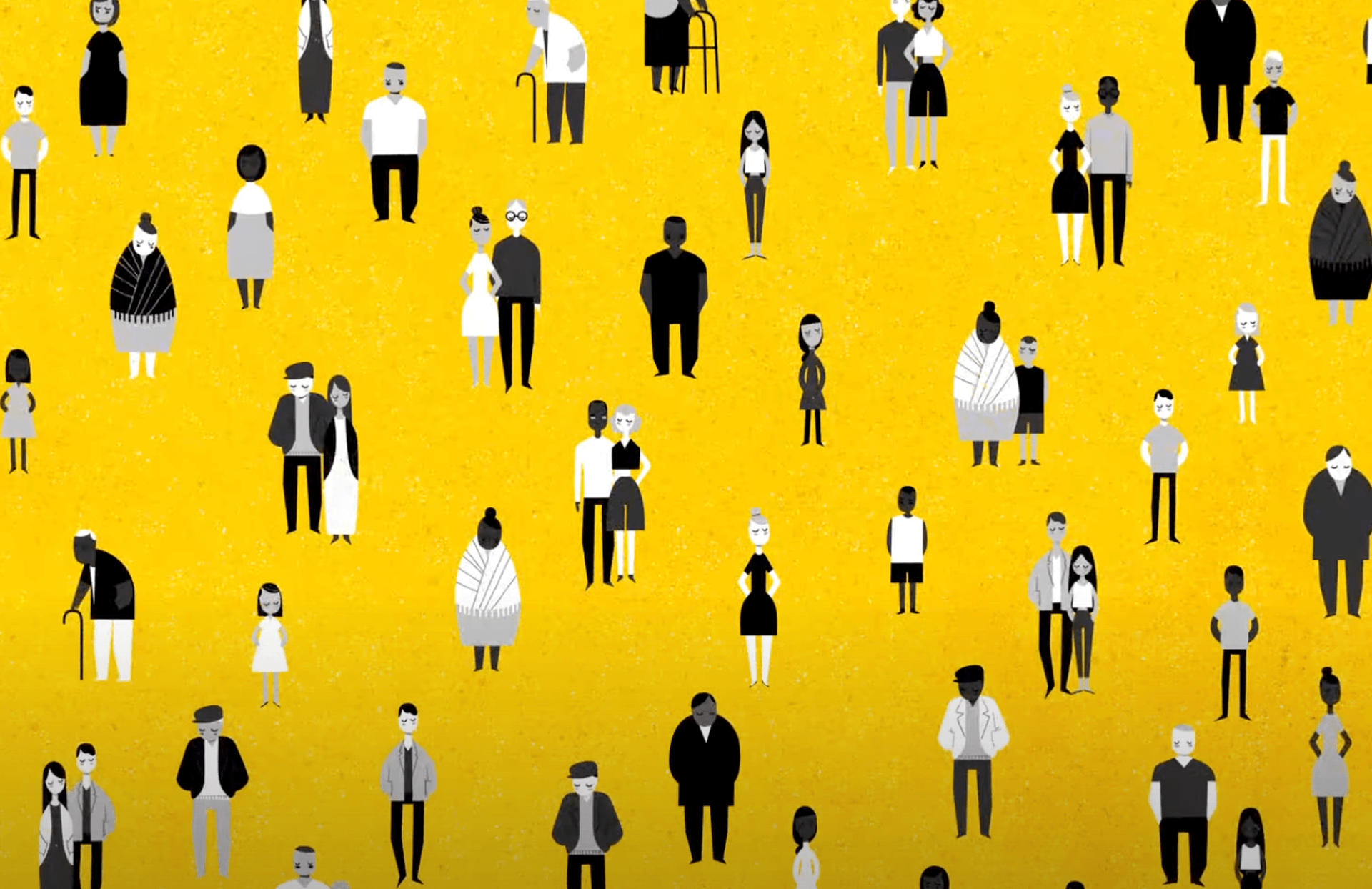 |
In this brief interview featuring the esteemed designer Bruce Mau, he discusses the potential transformations we can anticipate in the urban life in a post-COVID-19 world. Mau emphasizes the interconnected nature of our present global urban system and explores the opportunities that lie ahead. He advocates for discarding our outdated approaches, which he humorously refers to as “old stupid ways”, in favor of reinvented essential tools. Mau suggests a shift in focus, encouraging us to broaden our perspective from solely considering people to embracing all life on the planet.
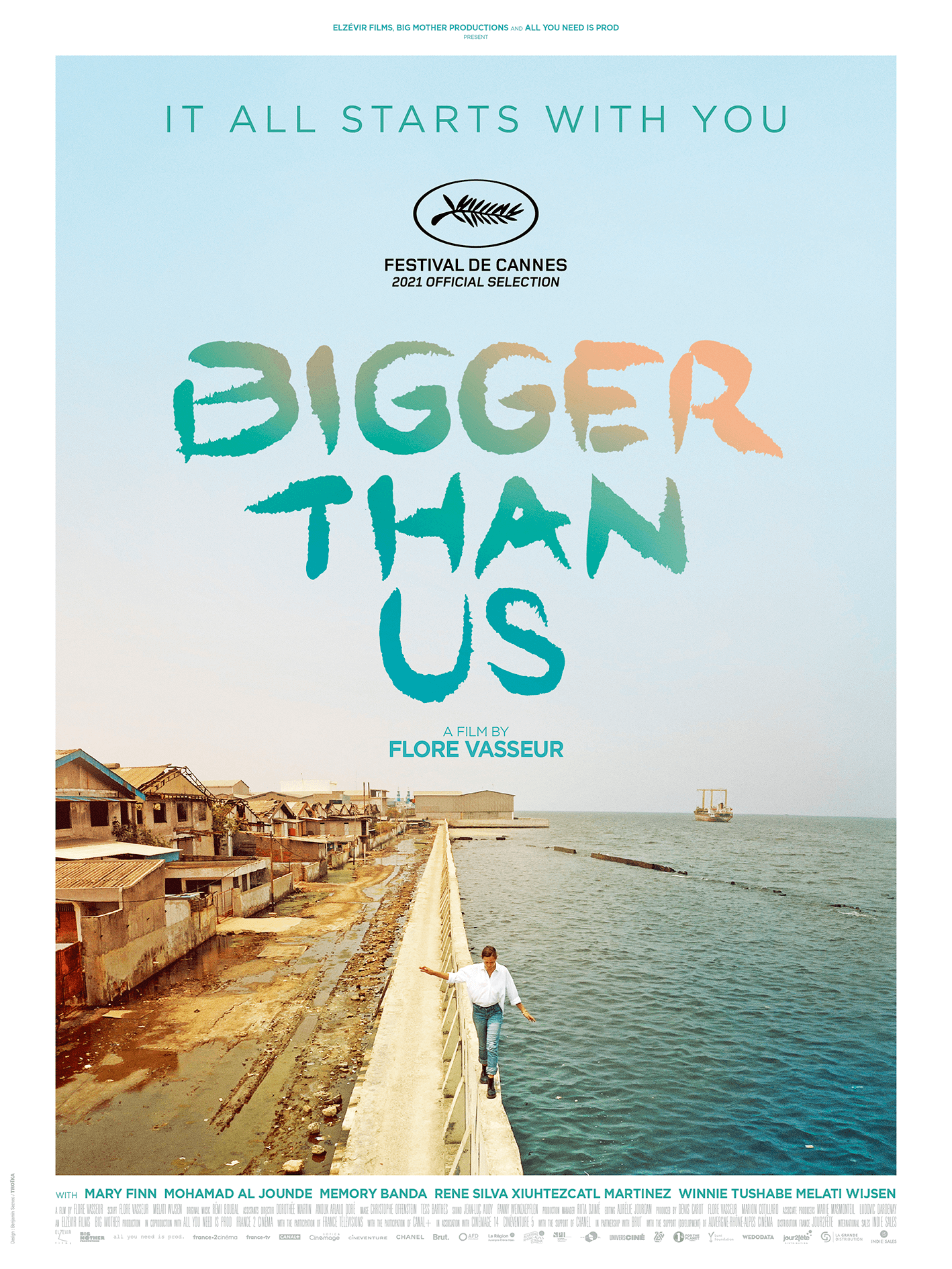 |
Bigger Than Us Directed by: Flore Vasseur France, 2021, 96’ |
Filmed across diverse locations, including Malawi, Lebanon, Brazil, Greece, Indonesia, Uganda, and the United States, “Bigger Than Us” illuminates the endeavors of a generation of young individuals dedicated to championing human rights, freedom of expression, access to education and food, social justice, and a sustainable climate. These remarkable young people, aged 18 to 25, share their insights on how to confront challenges and what it truly means to thrive in a tumultuous world. Melati takes the lead in Indonesia, combating plastic pollution wreaking havoc on her country. Mohamad, a Syrian refugee, constructed a school as a teenager to educate the fellow Syrian refugee children in temporary camps in Lebanon. Winnie initiated activism at a young age and successfully raised the legal age of marriage in Malawi from 15 to 18. Memory, having carried food to her teachers in Uganda to continue her education, now aids refugee farmers in her country, teaching permaculture to rehabilitate the lands damaged by chemical pesticides and overuse. Each of these individuals sets a commendable and inspiring example in their pursuit to safeguard human dignity and the natural environment, passionately connecting to something “bigger than us”.
*Reference for film descriptions: SLFF
